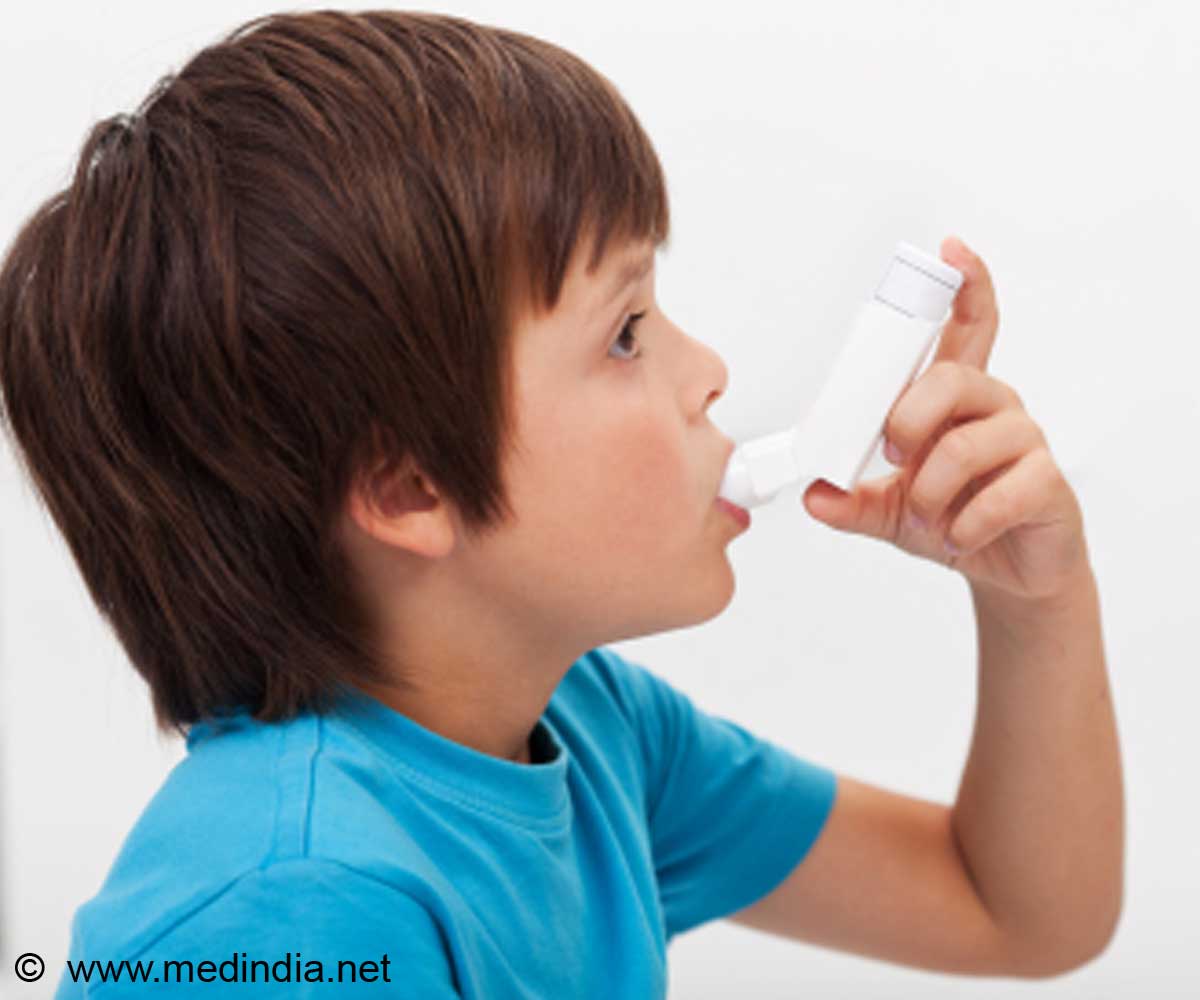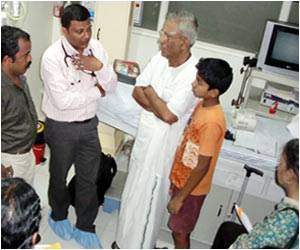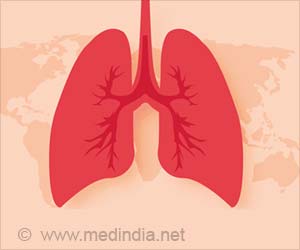
Senior investigator Dale Umetsu, MD, PhD, of Children's Division of Immunology, said if activation of these cells, or their asthma-inducing secretions, could be blocked, asthmatic children could be more effectively protected when they get the flu and possibly other viral infections
Although most asthma is allergic in nature, attacks triggered by viral infection tend to be what put children in the hospital, reflecting the fact that this type of asthma isn't well controlled by existing drugs.
"Virtually 100 percent of asthmatics get worse with a viral infection. We really didn't know how that happened, but now we have an explanation, at least for influenza," Umetsu said.
Natural helper cells were first, very recently, discovered in the intestines and are recognized to play a role in fighting parasitic worm infections as part of the innate immune system (our first line of immune defense).
"Since the lung is related to the gut - both are exposed to the environment - we asked if natural helper cells might also be in the lung and be important in asthma," Umetsu said.
Advertisement
The model showed that influenza A infection stimulates production of a compound called IL-33 that activates natural helper cells, which then secrete asthma-inducing compounds.
Advertisement
"Now we can start to think of this pathway as a target - IL-33, the natural helper cell itself or the factors it produces," he said.
The study has been published online May 29 by the journal Nature Immunology.
Source-ANI














